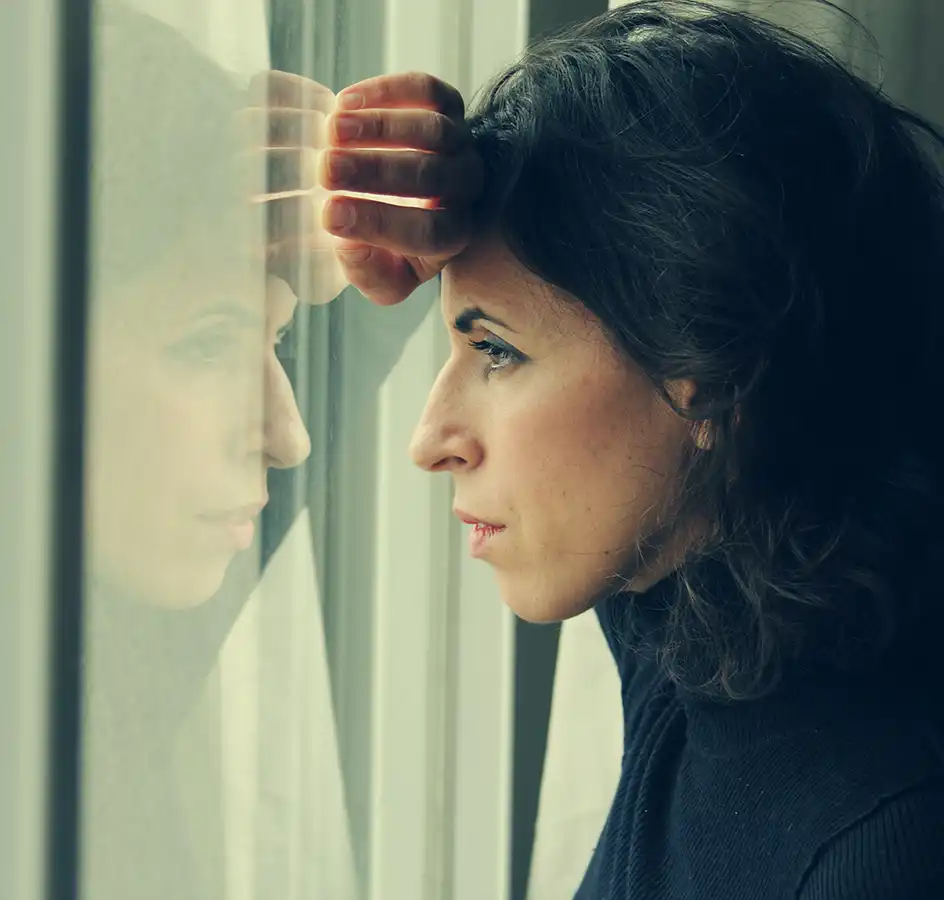Statute of Limitations for Campus Sexual Abuse
Survivors can pursue legal action under Title IX or through civil and criminal law. However, strict campus sexual abuse statutes of limitations (SOLs) apply. These laws set the time limits within which a survivor must file a case. Factors such as the survivor’s age, when they realized the harm caused, and state-specific laws affect the deadline.
For minors, the window of reporting campus sexual abuse may be extended until after adulthood. As the timelines vary widely and are often complex, consulting an attorney experienced in campus sexual abuse cases is the best way to determine available legal options.
College Sexual Abuse Survivor Rights Under Title IX
Survivors of sexual abuse at universities and colleges have important rights under federal law, including:
- The right to file a complaint without fear of retaliation
- A fair and timely investigation into their allegations
- Supportive measures such as counseling, schedule changes, housing accommodations, and no-contact orders
- The right to privacy, dignity, and compassionate treatment
- The right to participate in hearings with an advisor or advocate present
Colleges and universities are required to respect these rights regardless of whether a formal complaint leads to disciplinary action.
















